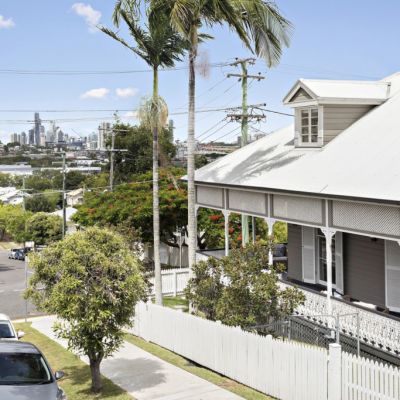Federal election 2025: What is each political party promising to do for housing affordability?
The housing shortage, affordability and access to somewhere to live for everyone from first-home buyers and renters, to upsizers, downsizers and rightsizers, are set to be major issues that decide the 2025 federal election on May 3.
But amid the clamour of pledges, counter-bargaining and accusations of past broken promises, Domain decided to look at what each of the major parties is promising, and to ask the experts what they think.
What the ALP promises for housing
The Albanese government has announced it will grow its housing support budget to $33 billion.
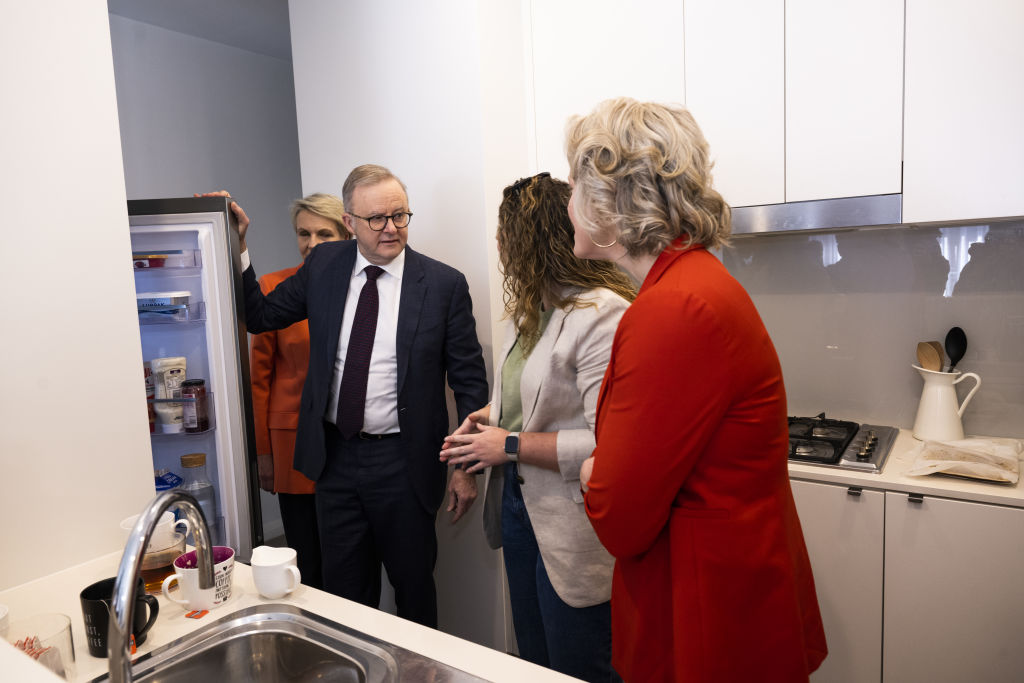
It will raise the income and price caps for its Help to Buy scheme through which potential purchasers receive up to 40 per cent of the price of a home through its shared equity loan scheme. They pay it back only when they sell.
For first-home buyers, Labour has also pressured banks to exclude HECS debt from mortgage application calculations.
On the supply side, the party has its $10 billion Housing Australia Future Fund (HAFF) and the National Housing Accord (NHA) and has pledged to have 1.2 million new homes built in the next five years, including 30,000 social and affordable homes.
The experts’ verdict on the ALP
Housing Industry Association (HIA) managing director Jocelyn Martin says she welcomes the HAFF and NHA as very positive reforms, but she’s not convinced the party is genuinely committed to their objectives. “I’d like to see it more committed beyond the election cycle,” she says.
“It’s a long, long game and there’s been little movement around reducing red tape, which a report on tax on housing we released showed can make up, with taxes and charges, up to 49 per cent of the cost of new housing. The HAFF has started to be run out, but we have yet to see any dividends. I think they’ve taken their foot off the pedal.”
Mortgage broker Brett Sutton at Two Red Shoes says the HAFF appears to have failed. “The government promised 30,000 new social and affordable homes, which sounds great, but not a single home has been built under the scheme. Not one.
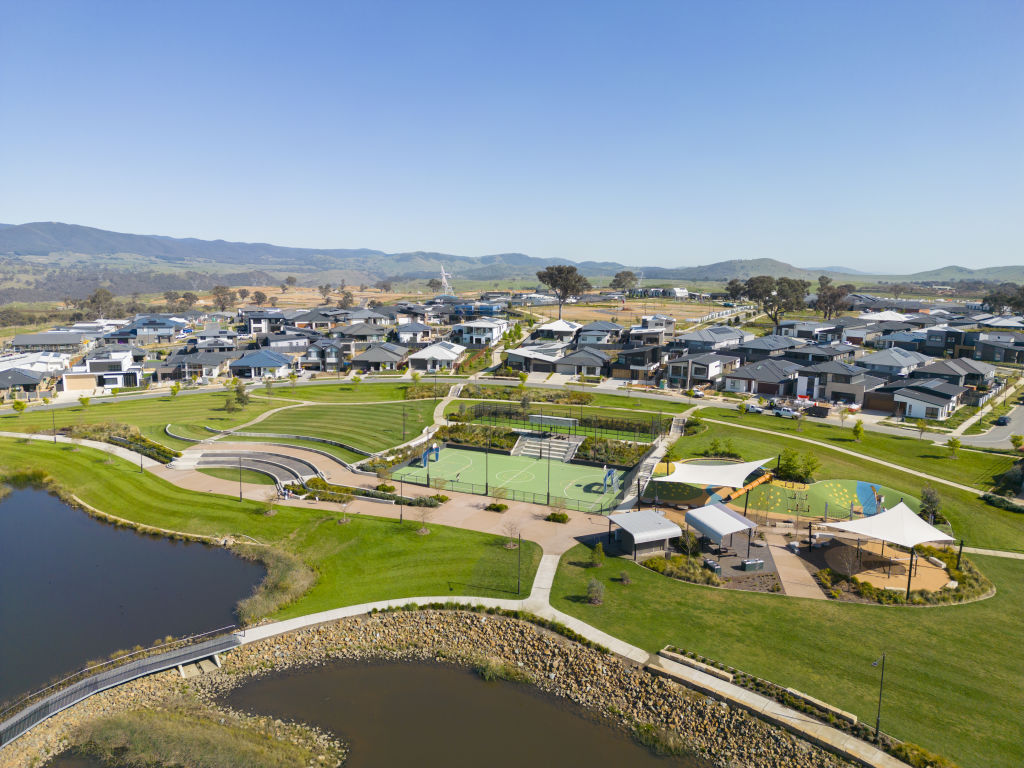
“Building 1.2 million homes sounds good, but unless those homes materialise quickly and in places where people want to live, it’s just another lofty promise without delivery.
“We need faster land release and streamlined regulation and development. And every time there are incentives for buyers, prices always go up in a never-ending cycle.”
Independent economist Saul Eslake agrees that the government is falling well short of its housing targets.
“But it’s moving in the right direction,” he says. “They just need to be doing more to speed it up. And to be fair, it’s not all their fault. Planning and zoning, for instance, are in the realm of the state governments and local councils.”
What the Coalition promises for housing
On the demand side, the Coalition has been trumpeting its plan to allow home buyers to access up to 40 per cent of their super – to a ceiling of $50,000 – to buy their own home.
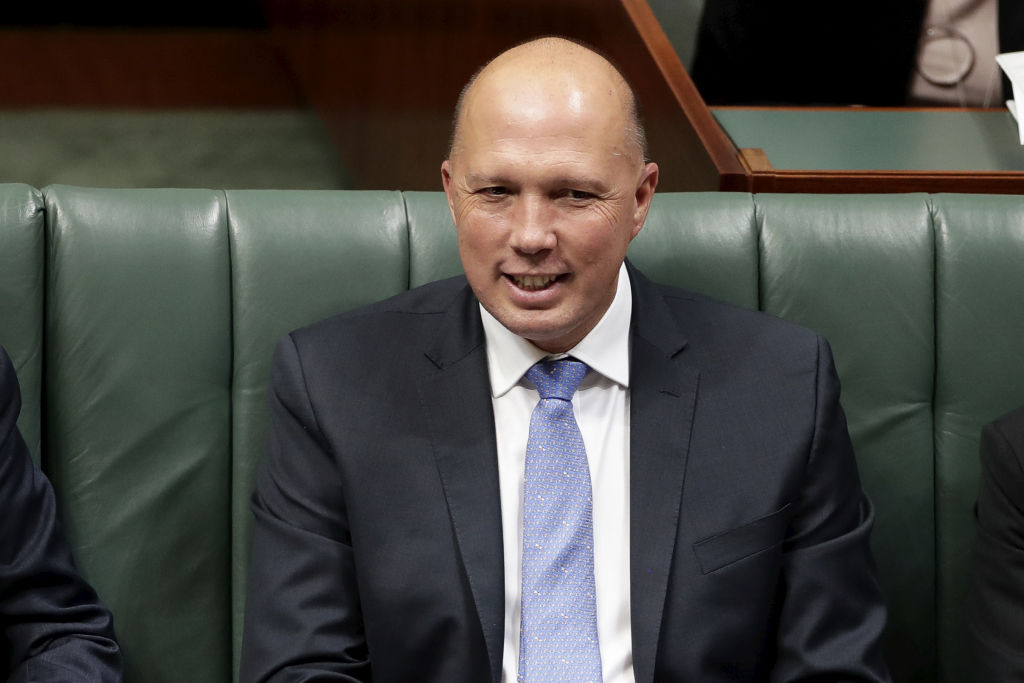
It also wants to reduce the mortgage serviceability buffer to make it easier to take out home loans.
On supply, Opposition Leader Peter Dutton has pledged to make a $5 billion investment in housing infrastructure for greenfield sites, to provide essential services like power, water and sewerage, which he says will unlock up to 500,000 new homes.
He’s also promised to cut overseas migration from 185,000 to 140,000 for two years and to ban foreign investors from buying existing homes to ease competition with locals — something which comes into effect under Labour on April 1.
He will, further, halt any more changes to the National Construction Code for the next 10 years.
The experts’ verdict on the Coalition
Saul Eslake is damning of the Coalition’s super plan.
He said, “It will go down as one of the worst plans of the 21st century.” He believes it would simply enable those with plenty of super to buy a bigger house, while those it’s aimed at helping – the young first-home buyers – often have the least saved in super. The result will be less money for people as they grow older, adding a considerable cost to the budget.
“They’ve also been vague on the infrastructure, and we don’t know the balance between grants and interest-free loans,” Eslake said.
“The ban on foreign investors buying established housing for two years would have a miniscule effect – they bought 1300 each year in the last two years, compared to the 500,000 houses changing hands each year.”
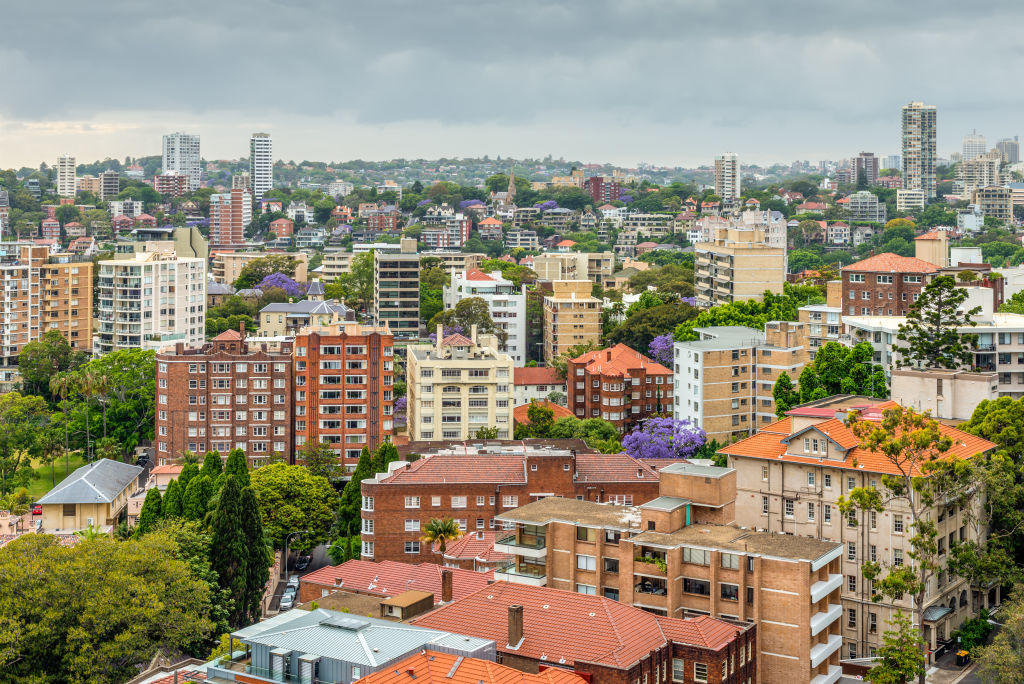
Brett Sutton says the super policy sounds, on the surface, empowering, but it’s been met with fierce criticism. “A report by respected housing economist Professor Chris Leishman for the Super Members Council claims the scheme would increase house prices by up to 9 per cent, effectively wiping out the benefit of accessing your super in the first place,” he said.
“The Coalition’s infrastructure plan will take time, and that’s something first-home buyers and renters don’t have. And their immigration policy … our housing shortage is driven by years of underbuilding, not just migration. And if these cuts shrink the construction workforce, that could actually delay new housing projects.”

Jocelyn Martin says the Coalition seems to have more momentum on their housing policies, and appears willing to listen to regional concerns. The HIA also supports the super initiative. “But there is a view that it could spur demand and then increase prices,” she said. “It might also only help a small group of first-home buyers who have some super.
“But the other thing that’s concerning is the industrial relations environment with the CFMEU situation. The Coalition would bring back more regulation over the unions, based on their track record. The abolition of the ABCC [the Australian Building and Construction Commission] has proven to be a mistake for the Labour Party.”
What the Greens promise for housing
Their big policies centre on negative gearing and capital gains tax (CGT). They’d like to cut negative gearing for anyone with more than two properties and to see fresh limits imposed on CGT discounts.
They’re also campaigning for a public property developer to build 360,000 homes in the next five years, and to freeze rents and cap any increases.
In addition, Greens Treasury spokesperson Nick McKim has said he wants banks to offer a discount mortgage called HomeKeeper to all home owners, including first-home buyers and owner-occupiers.
The experts’ verdict on the Greens
Brett Sutton says the Greens want a full-blown structural reset of the housing market, and while their public developer would tackle supply, “it would cost billions and take years to roll out. And with a track record of minimal federal involvement in direct housing delivery, it’s fair to ask: can they really put it off?
“That said, the Greens are at least willing to challenge the status quo. They’re talking about housing as a human right, not just an asset class, and in a market that’s become speculative and out of reach for many, that message is cutting through. Putting pressure on rising rents could deter investors, but that could also mean less competition for first-home buyers.”
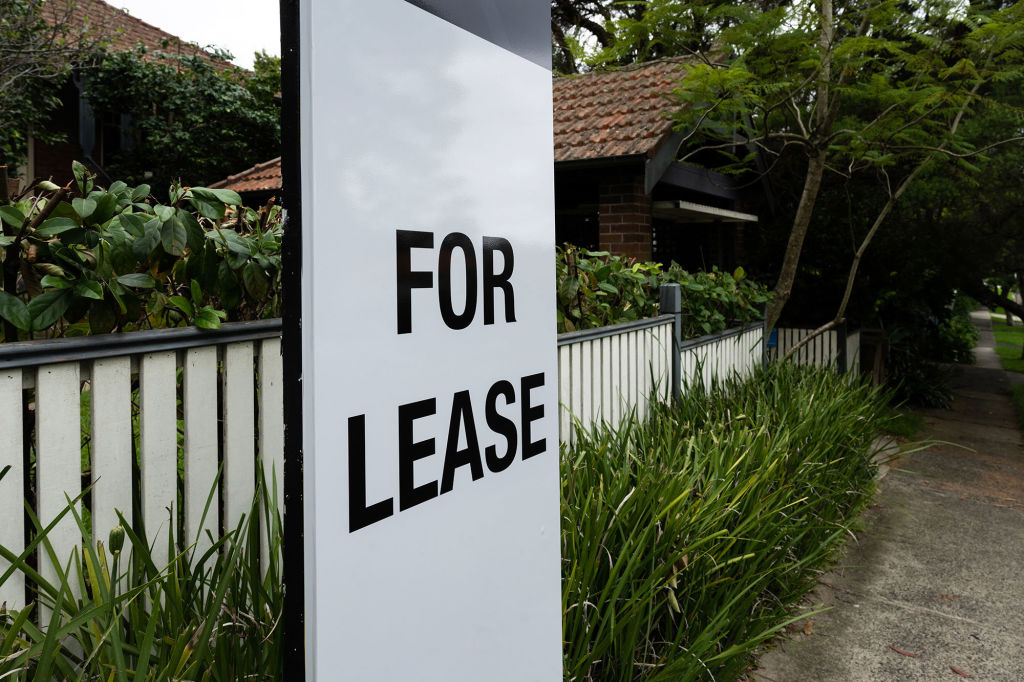
Saul Eslake praises the Greens’ policy of cutting negative gearing, saying he’s advocated for its abolition since before Greens housing spokesman Max Chandler-Mather was born. “I’m also in favour of getting rid of the CGT discount [whereby capital gains are taxed at half the rate applicable to a taxpayer’s other income].
“I agree with those two policies, but as for directing the Reserve Bank to cut interest rates – that’s crazy stuff.”
Jocelyn Martin says the Greens had a lot to do with the HAFF, “but they’ve gone quite quiet on housing policies recently. They talk more about rent caps and negative gearing and CGT, and those policies aren’t practical or necessarily something the federal government will consider and are currently off the table.
“The Greens are looking more at levers to manage the current stock, and that makes some of their polices fairly restricted.”
We recommend
We thought you might like
States
Capital Cities
Capital Cities - Rentals
Popular Areas
Allhomes
More


